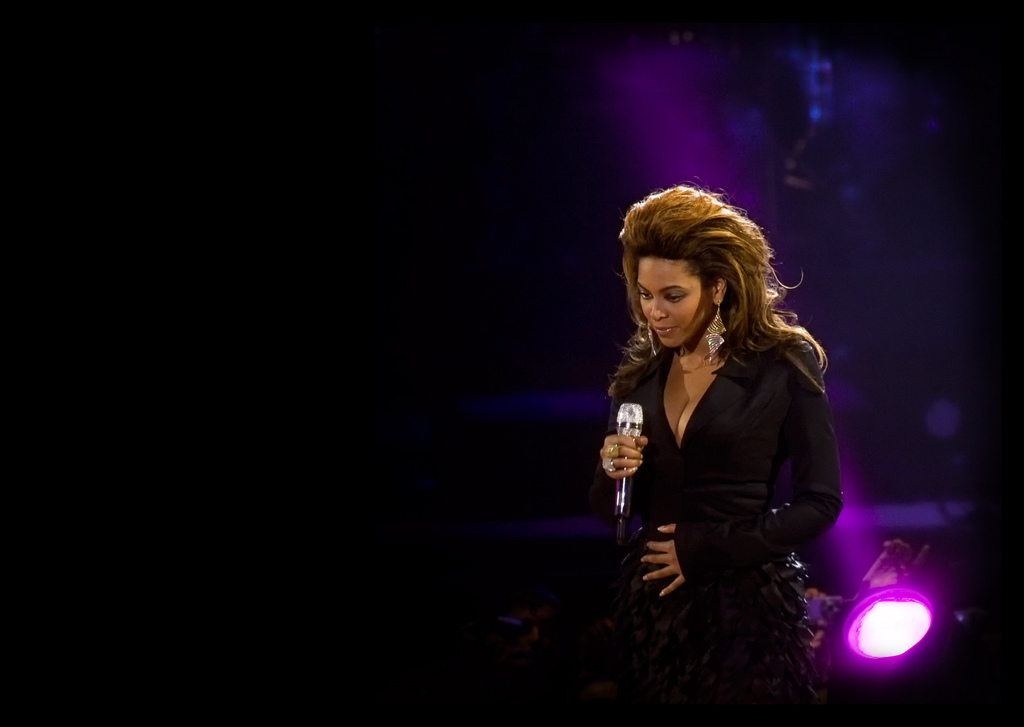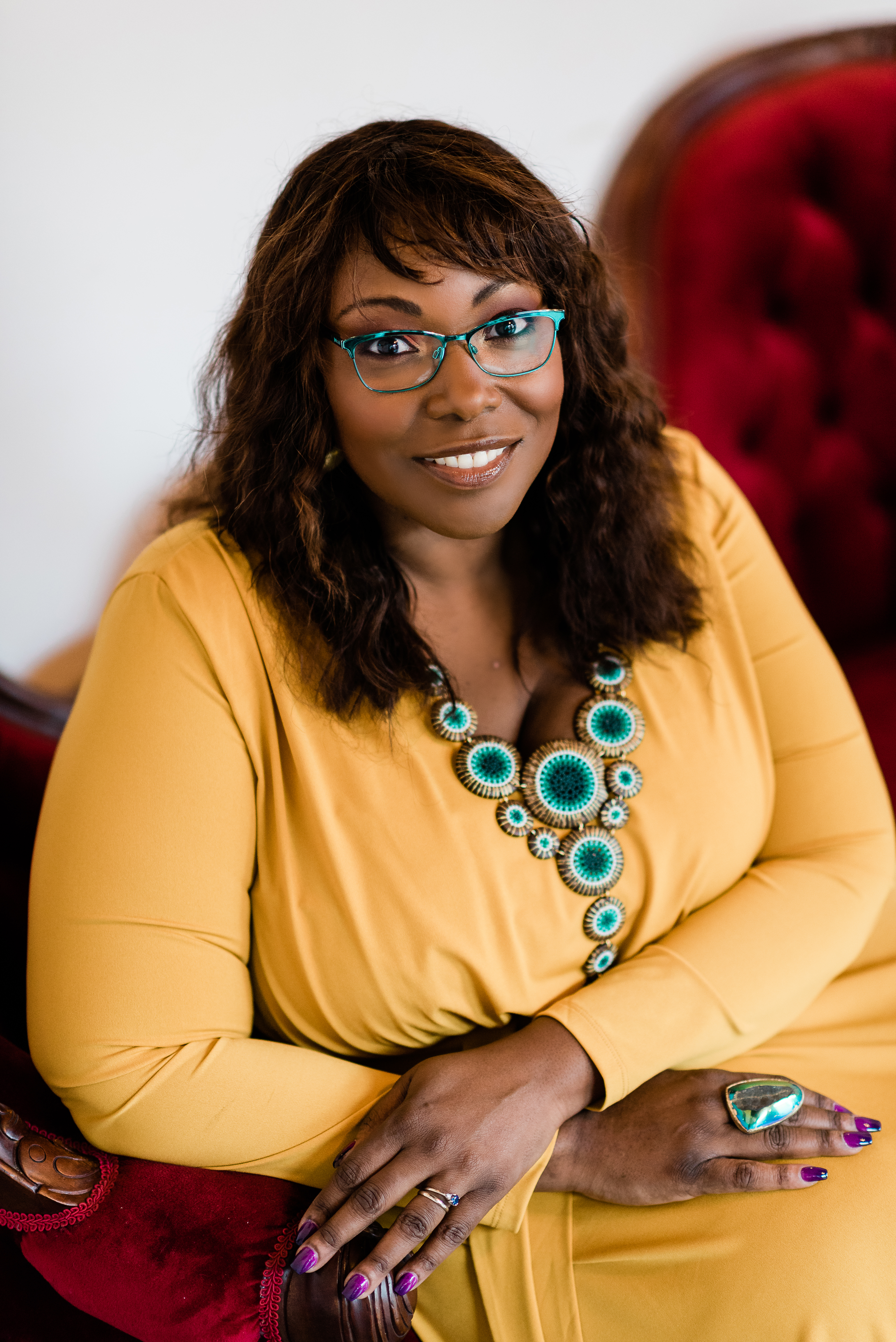Beyonce, Folklore And the Power of Pop Culture
Dr. Kinitra Brooks, a scholar of Black feminist theory, says that it’s often through the lens of pop culture that some of the most complex ideas about identity are introduced.


While the term “pop culture” is often used to imply lighter topics in films, music or books, Dr. Kinitra Brooks, a Michigan State University scholar of Black feminist theory, says that it’s often through that lens that more complex ideas about identity and politics are introduced to the masses.
Brooks has written extensively about the intersection of horror, sci-fi, fantasy and the narrative of Black women.
Recently, Brooks has begun studying how one of the world’s most influential artists, Beyonce, has used her platform to change how popular culture represents the Black American experience.
“I became a Beyonce scholar because my students came to me,” Brooks says. “[they said] you know the secrets, the Orisha, the Conjure, the Hoodoo stuff. What is she doing?”
Brooks says she was already on the path of re-discovering her family’s history of healing and folk magic when her students began asking her to explain the symbolism in Beyonce’s art. She says she talks to her students about how traditional and African-derived spiritual practices are seen with fear, not because they’re occult practices, but because of anti-Blackness.
“These are practices that gave enslaved persons a sense of self, a sense of history, and a knowledge that was considered forbidden because it would give them political power,” Brooks says.
Click the player to hear CultureShift’s Amanda LeClaire talk with Brooks about the power of who creates the narratives we see in popular art.
Trusted, accurate, up-to-date
WDET is here to keep you informed on essential information, news and resources related to COVID-19.
This is a stressful, insecure time for many. So it’s more important than ever for you, our listeners and readers, who are able to donate to keep supporting WDET’s mission. Please make a gift today.
